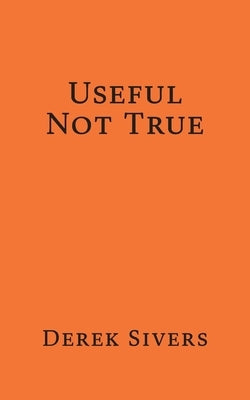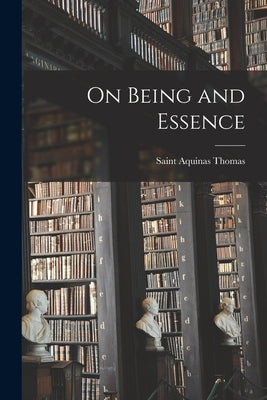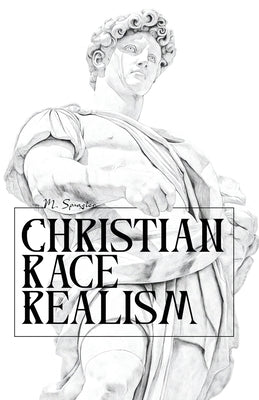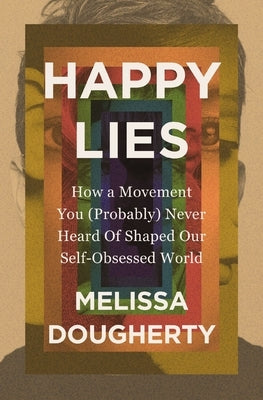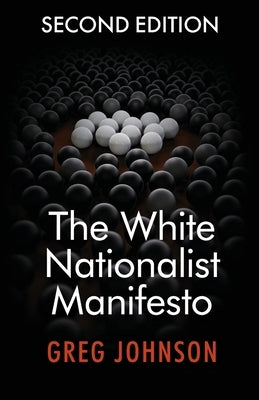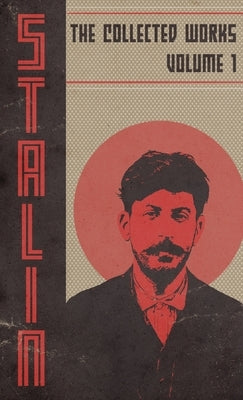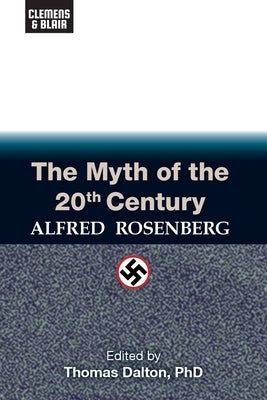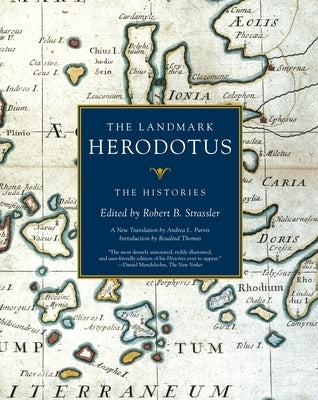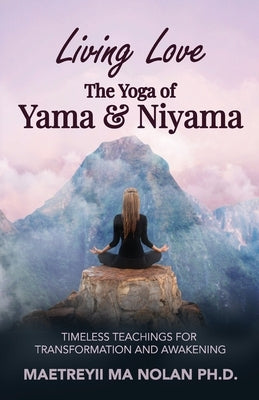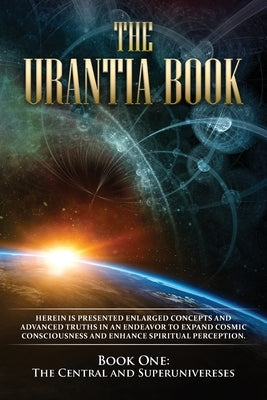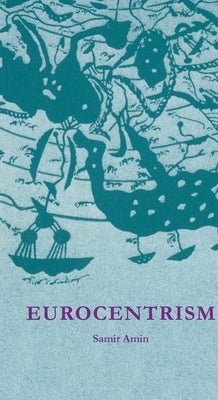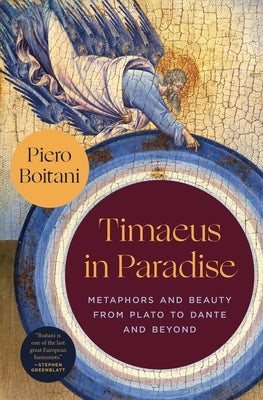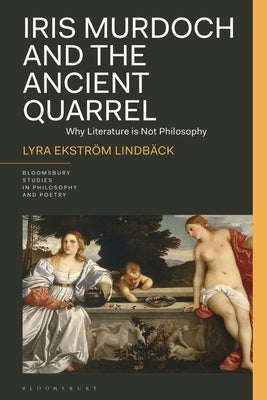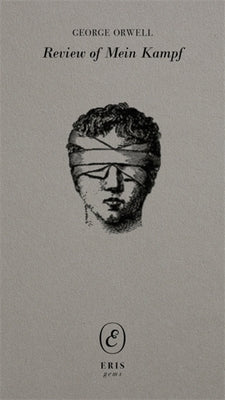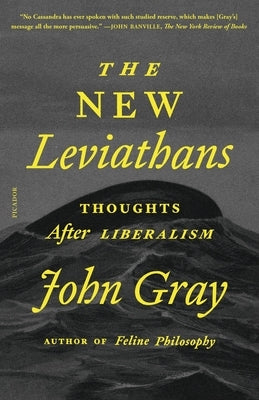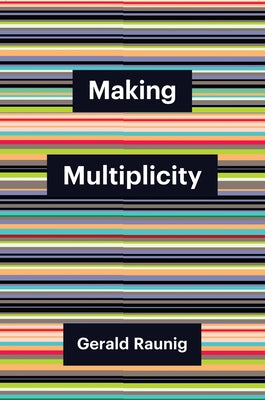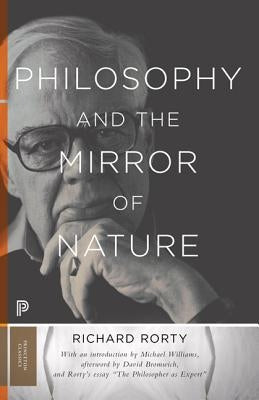Phenomenology of Spirit
$15.99
$21.99
Useful Not True
$8.99
$11.99
On Being and Essence
$14.99
$15.95
Christian Race Realism
$19.99
$26.99
Collected Works of Josef Stalin: Volume 1
$20.99
$22.00
The Complete Works of Nietzsche
$25.99
$27.99
The Myth of the 20th Century
$25.99
$30.00
Rosicrucian Manual
$11.99
Necropolitics
$26.99
Bubishi: The Classic Manual of Combat
$12.99
$16.95
The Poetics of Space
$12.99
$18.00
A History of Western Philosophy
$21.99
$30.00
The Landmark Herodotus: The Histories
$23.99
$32.00
Meditations: A New Translation
$7.99
$11.00
The Complete Works of Nietzsche
$32.99
$34.99
Eurocentrism
$18.99
The Corpus Hermeticum
$32.99
$34.95
Theory of Seeing
$38.99
The Being of Relation
$32.99
The Body of Language: Esperruquancluzelubelouzerirelu
$17.99
$25.00
The New Leviathans: Thoughts After Liberalism
$12.99
$18.00
Making Multiplicity
$11.99
$12.95
Justice by Means of Democracy
$19.99
$27.50
Philosophy and the Mirror of Nature
$16.99
$22.95






